Rangers need £2.5m after revealing losses of £7.5m
- Published
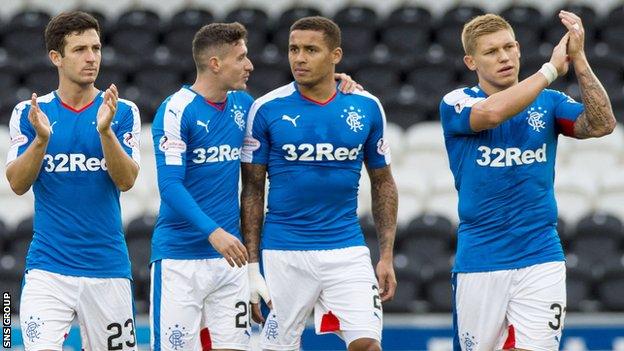
Rangers are five points clear at the top of the Championship
Rangers need £2.5m of external funding before the end of the season and have announced, external a loss of £7.5m for the year ending 30 June.
The Championship club are confident the money will be made available from existing shareholders.
Chairman Dave King insists the figures do not reflect the changes implemented since the consortium he led assumed control in March.
"The year under way is already much more promising on all fronts," he said.
"I look forward to this time next year when I can comment on a financial year that is wholly under the influence and guidance of the new board."
With Rangers five points clear at the top of the table and the club reporting a "significant increase" in season ticket sales, King added that "there is once again a genuine belief that the club faces a much brighter future".
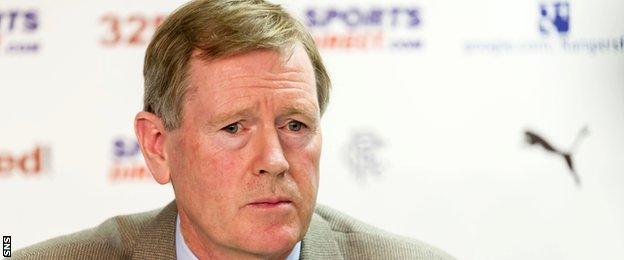
King is optimistic about Rangers' future
Last week, the Ibrox outfit said they were postponing a share issue and listing on the ISDX market until criminal proceedings against former directors Craig Whyte, Charles Green, Imran Ahmed and others are concluded.
The club said it was "satisfied" there was no short-term need for the funding the share issue would have generated.
Rangers' operating expenses for the period under revue were £26.8m, down from £27.7m, while turnover fell to £16.5m from £17.6m.
The figures are a slight improvement on the previous campaign, when the club lost £8.1m.
Analysis - BBC Scotland's Richard Wilson
Rangers International Football Club's accounts detail a business that is still working towards recovery.
The business remains dependent on additional financing to cover losses. There was an increase in season-ticket sales during the summer, but it is forecast that the first tranche of external funding "will be required in December 2015".
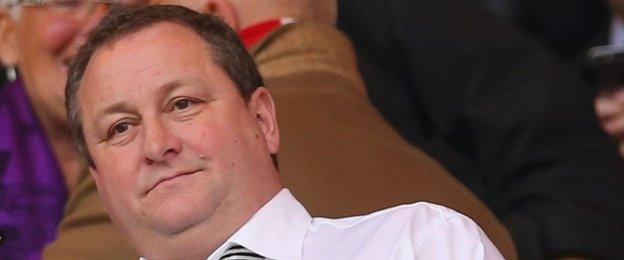
Newcastle owner Mike Ashley has a 10% shareholding in Rangers
The going concern status of the business - its ability to trade for the next 12 months - is not affected by the funding requirements, since "the board has received undertakings from certain shareholders that they will provide financial support to the group and have satisfied themselves as to the validity of these undertakings and that the individuals have the means and the authority to provide such funding as and when it is required".
In short, chairman Dave King and the Park family will likely provide the majority of the funding needed to sustain the business, with the loans provided on a non-interest basis and probably converted to equity at a later date.
The accounts also show that Douglas Park, along with George Letham and George Taylor, provided loans totalling £2.25m in March and April and then in May. New Oasis Limited - a company controlled by King - provided £1.5m.
By way of comparison, the last set of full RIFC accounts - published in November 2014 - said that the business would require £8m in the following 12 months and the auditors included an emphasis of matter paragraph, highlighting that there was "material uncertainty on the group's ability to continue as a going concern".
"The poor performance of the retail business continues to exercise the collective mind of the board," wrote King in his accounts statement, alluding to the relationship with Sports Direct, which owns 75% of Rangers' retail operation.
The notice of RIFC's annual meeting on 27 November includes resolutions to allow the board to issue shares to existing and new shareholders.
There will also be a special resolution seeking to remove the voting rights of any shareholder "if he is involved in any capacity whatsoever in the management or administration of a club, or has any power whatsoever to influence the management or administration of a club".
Mike Ashley, whose MASH investment company owns a little under 10% of RIFC shares, is also the owner of Newcastle United and the majority shareholder in Sports Direct.
- Published4 November 2015
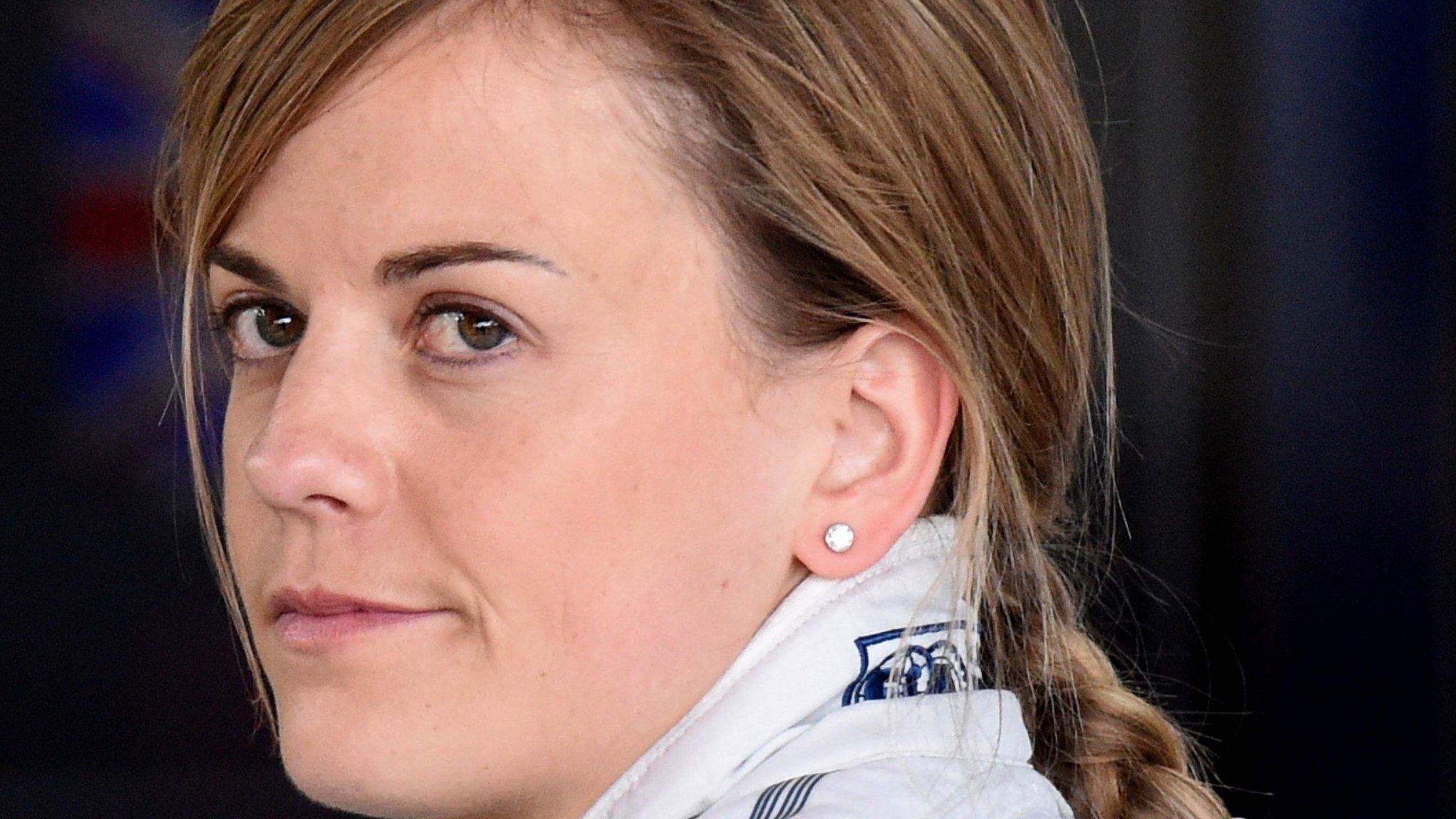
- Published4 November 2015
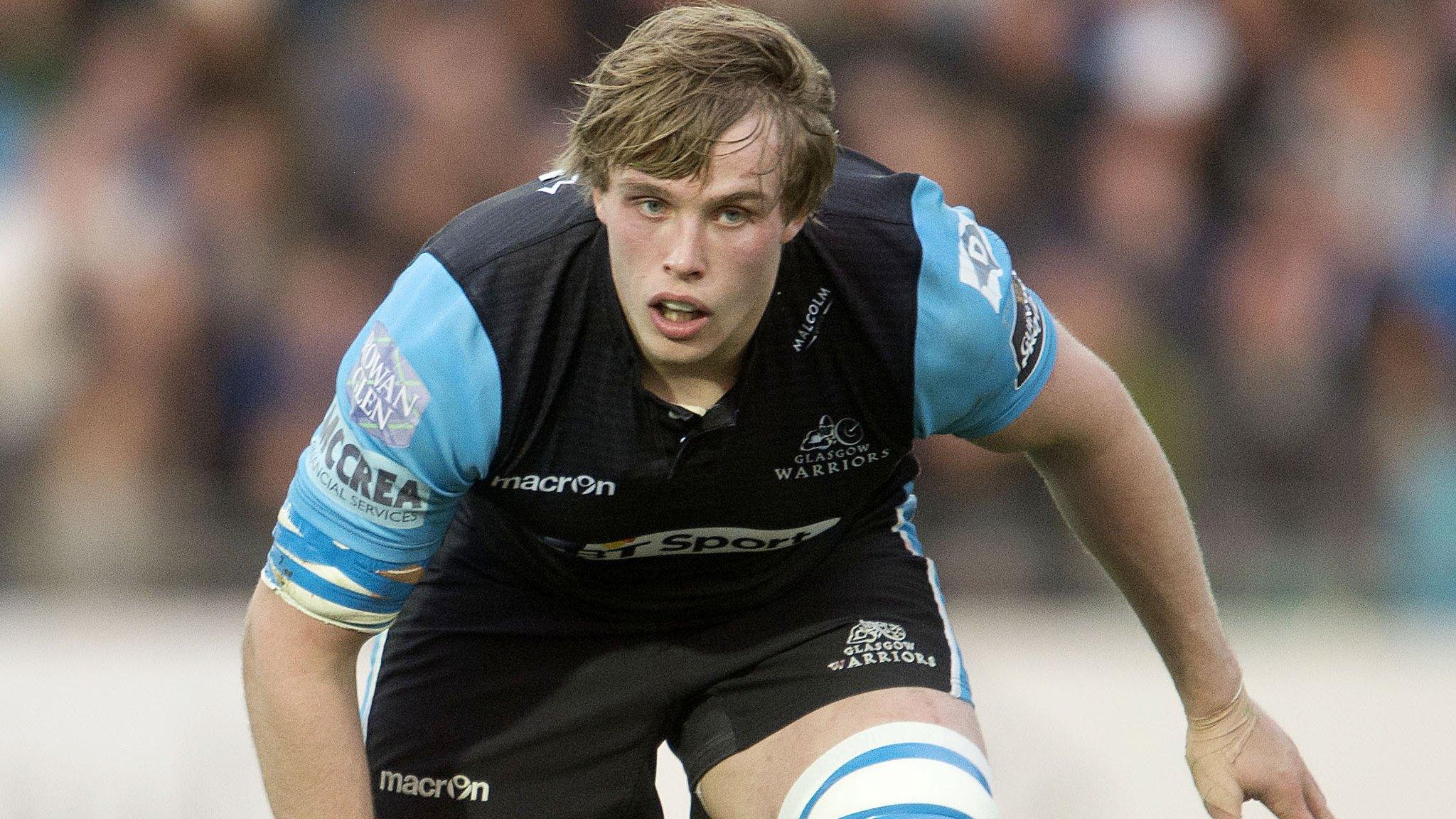
- Attribution
- Published30 October 2015
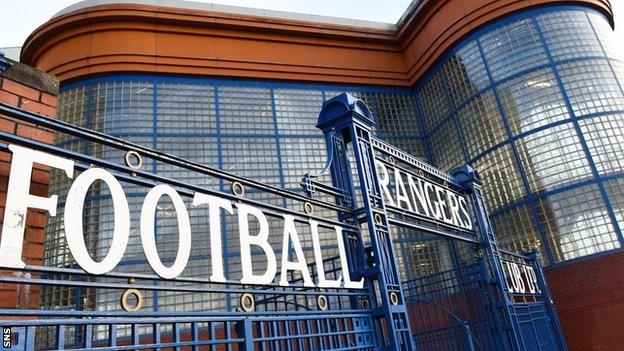
- Published20 June 2016

- Published7 June 2019
